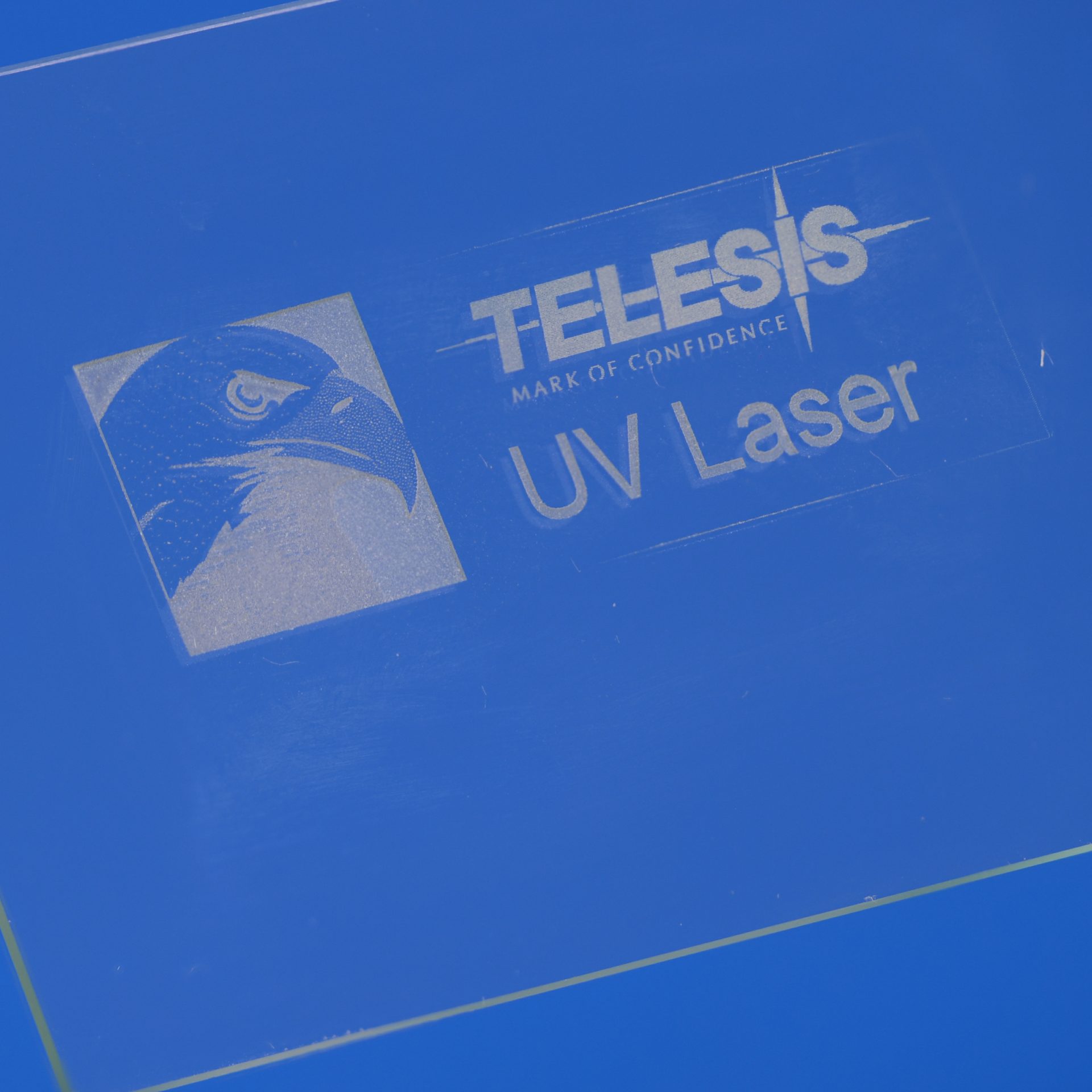The Importance of Manufacturing Traceability
Traceability is the ability to track every step of the manufacturing and distribution process until the product reaches the end consumer. Through product tracing, companies are able to access various types of historical information throughout the production chain:
 Inspection Notes
Inspection Notes
 Component Origination
Component Origination
 Product Destinations
Product Destinations
 Production Life Cycles
Production Life Cycles
 Time Spent at Workstations
Time Spent at Workstations
Laser identification systems have become key resources for facilitating manufacturing traceability. These machines enable manufacturers to link unique identifiers to their products, such as two-dimensional matrix codes and one-dimensional linear barcodes. Through these markings, companies can glean vital track and trace data, such as manufacturing dates and part and lot numbers.
 Traceability is particularly crucial in the manufacturing industry. The importance of manufacturing traceability is wide-ranging and includes all of the following considerations:
Traceability is particularly crucial in the manufacturing industry. The importance of manufacturing traceability is wide-ranging and includes all of the following considerations:
- Quality control: Traceability provides a high level of control over manufacturing processes to a granular level. It also helps manufacturers identify points in the production process where quality checks would be beneficial.
- Product recall: Manufacturing traceability creates a permanent paper trail that enables organizations to swiftly track down products and protect themselves against liabilities in the event of a recall. It also minimizes the costs associated with recalls and prevents them from happening in the future.
- Root cause analysis: With all product information located conveniently in one place, manufacturers can easily pinpoint root causes of potential product issues and make the necessary improvements.
- Counterfeiting prevention: Traceability through product marking and barcode implementation enables manufacturers to guarantee product authenticity and make it more challenging for individuals to counterfeit goods.
- Operational efficiency: Traceability systems like industrial laser etching machines allow companies to optimize their production processes, reduce resource waste and maximize efficiency.
- Customer satisfaction: When organizations use traceability systems, they can better implement product improvements, increase quality and ultimately generate higher customer satisfaction.
- Regulatory compliance: Many industries have strict traceability guidelines that manufacturing facilities must adhere to for compliance purposes.















